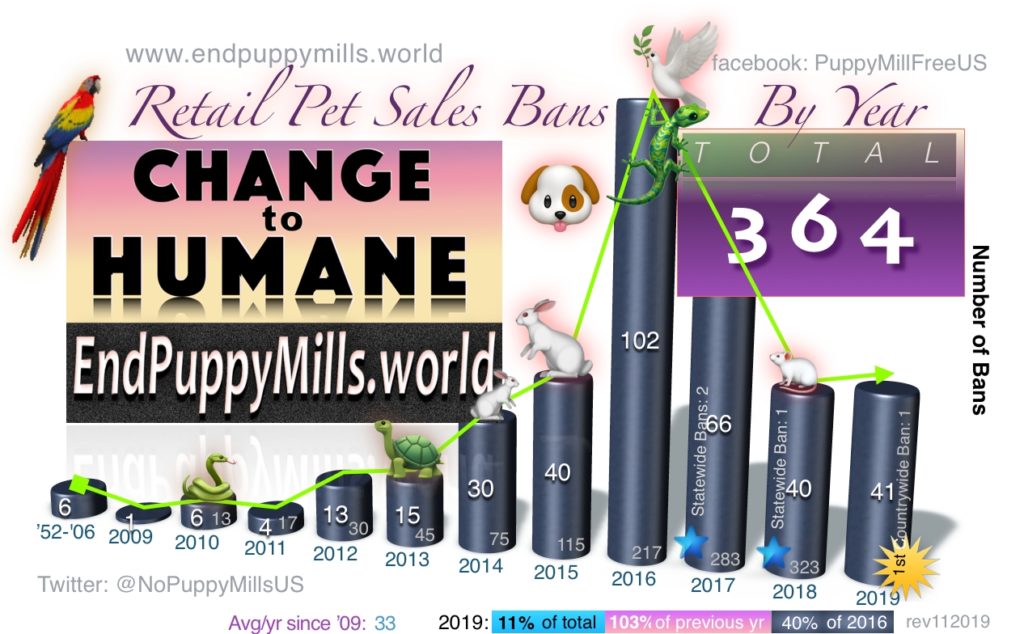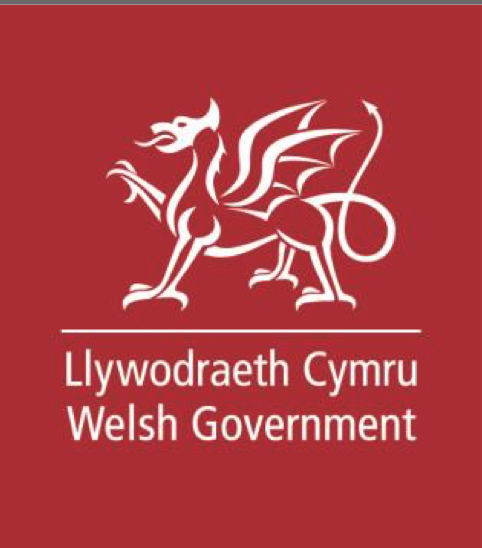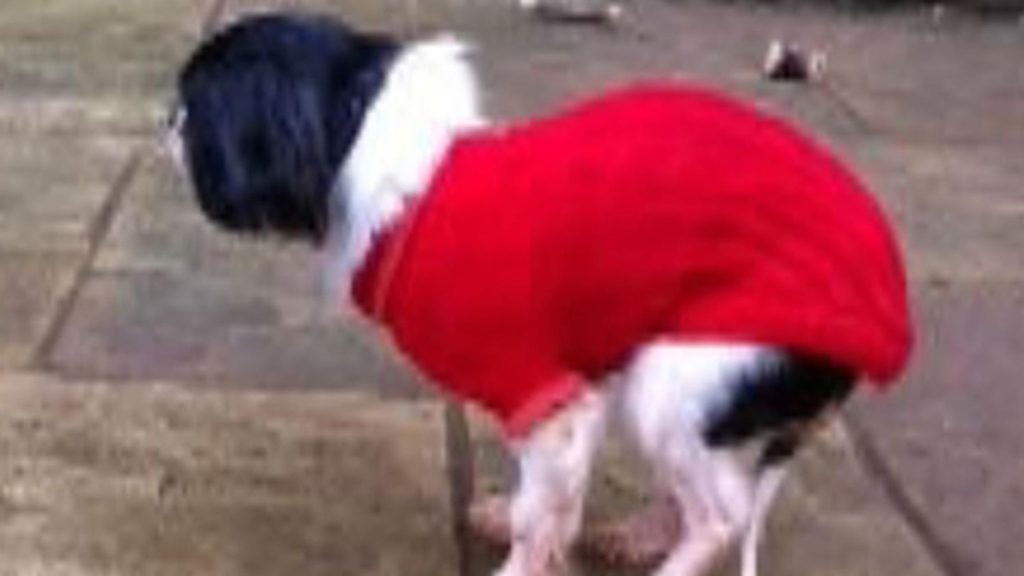The current flurry of bans across the UK was triggered by the condition of Lucy, a badly disfigured breeding female uncovered in a Welsh puppy mill.
Changing legislation is not a quick process, and nor should it be. The correct procedures must be followed to ensure the development of sound, evidence-based, proportionate legislation aimed directly at optimising standards of animal welfare and encouraging responsible animal ownership.
I have already committed to reviewing the Animal Welfare (Breeding of Dogs)(Wales) Regulations 2014 and also made clear the value I see in banning third party sales of puppies and kittens if a ban could deliver the health and welfare standards I wish to see in Wales. Further urgent action is needed and the following actions have been undertaken this week:
CABINET WRITTEN STATEMENT: Dog Breeding in Wales
The BBC Wales Investigates documentary, “Inside the UK’s Puppy Farm Capital“ and accompanying clip “Wyre Davies is on the trail of the people behind the multi-million pound puppy industry” is a blistering video essay on the horrors of puppy farms, mills or large-scale breeding ops, however you wish to call the despicable practice.
BBC Wales Investigates the people behind the multimillion-pound puppy industry. New owners can spend thousands of pounds on dogs, but what’s really going on inside licenced premises? Wyre Davies confronts the breeders, inspectors and vets who should be policing the trade.
BBC Wales Investigates



 Yesterday the government of Wales published the long-awaited
Yesterday the government of Wales published the long-awaited 


